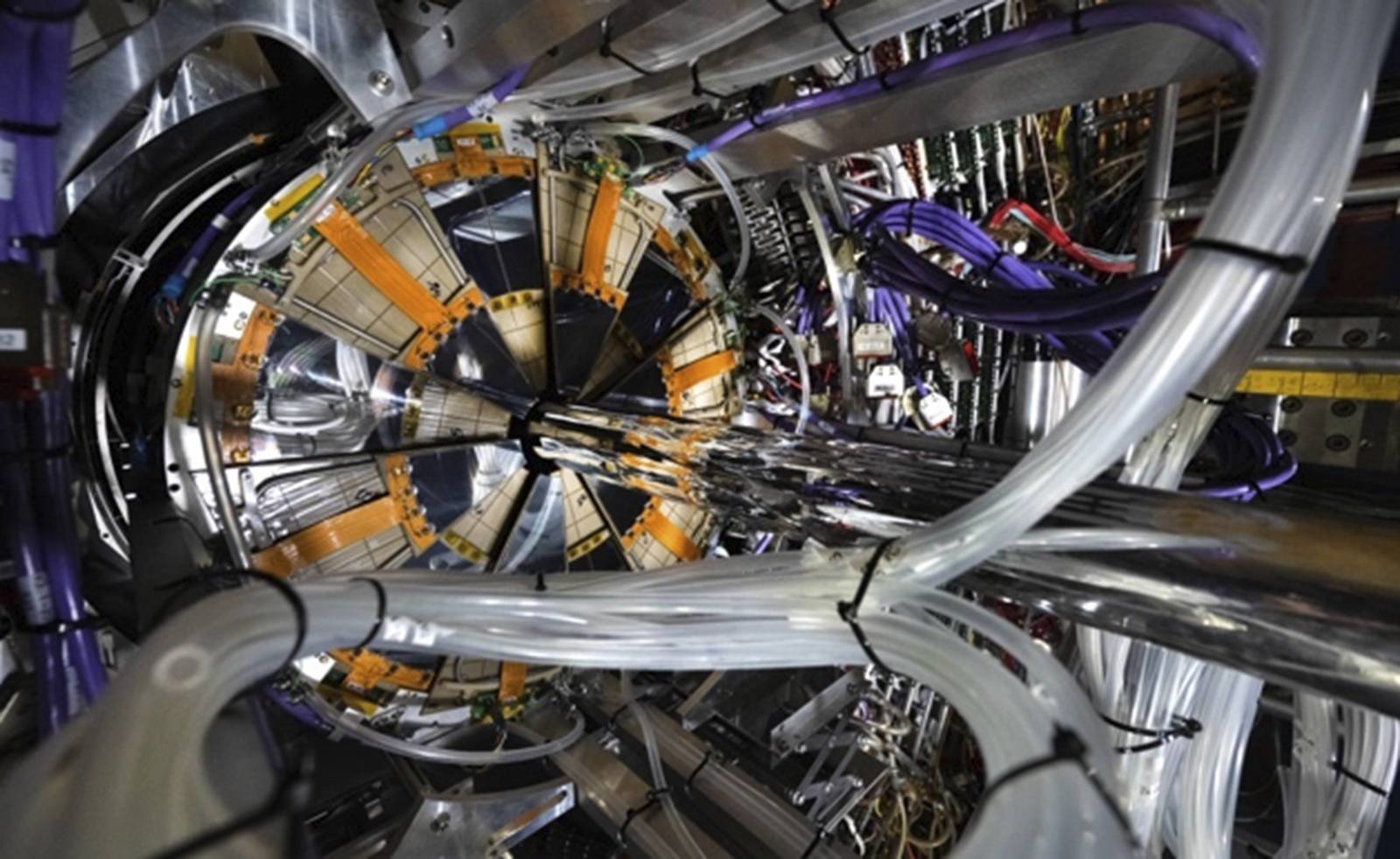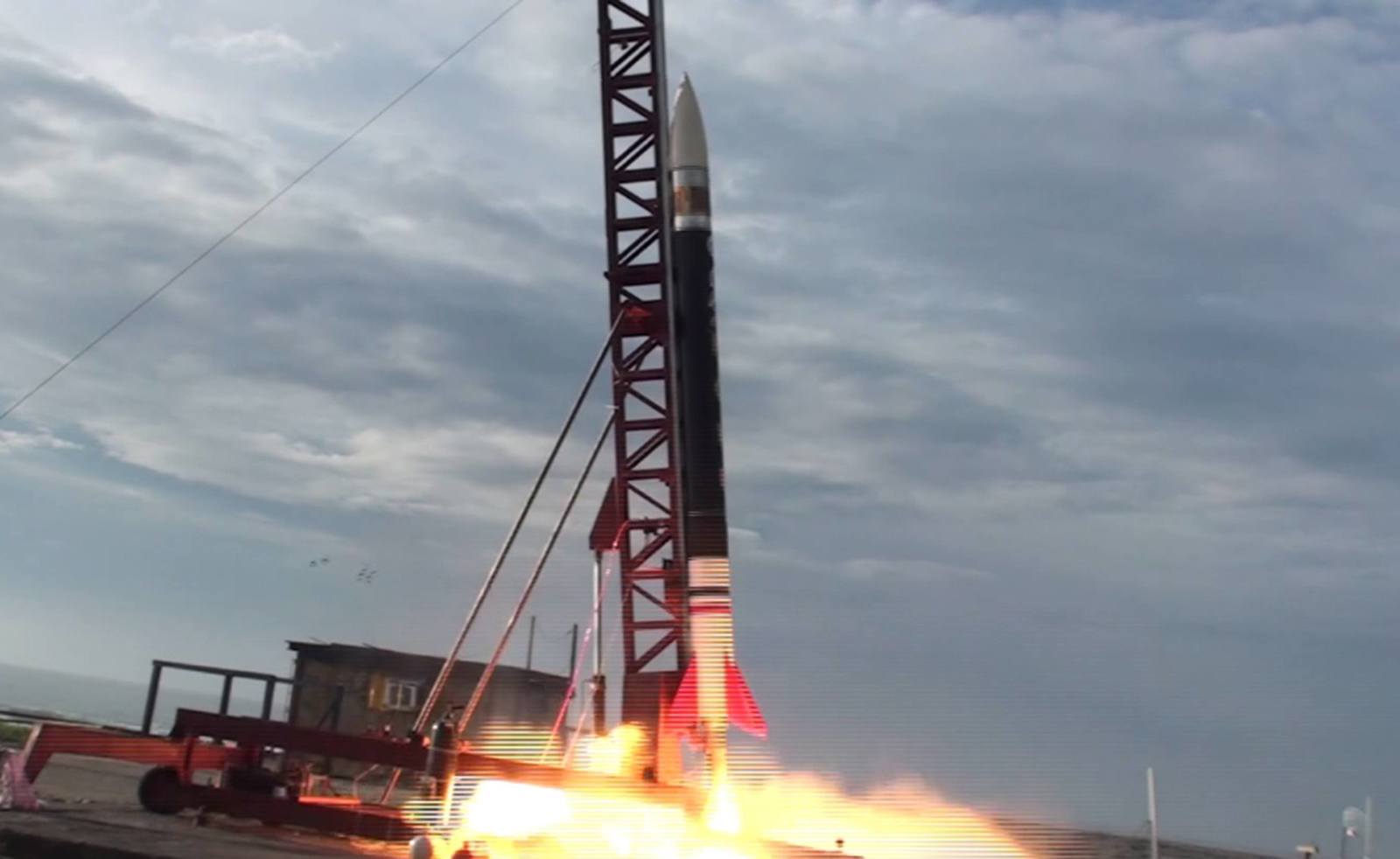


Case Study
Set Light to the Future by Satellite
Th 8 FORMOSAT-7, an international collaboration between Taiwan (NSPO) and the United States (NOAA), has been successfully launched from a NASA base on June 7th, 2019. In this project, NCKU is in charge of decoding the GPS weather information where at least seven departments and ten teachers are involved in the research and development for this space mission. Talents from NCKU are involved in all aspects of this project, including Bing-Chih Chen, the Director of the Institute of Space and Plasma Sciences, Professor Chia-Hung Chen and Charles Lin from the Department of Earth Sciences and Professor Shau-Shiun Jan from the Department of Aeronautics and Astronautics. This launching is expected to improve the accuracy of weather forecasting, especially for the subject of precipitation.
Pushing the World Forward
A 1,500 kgf two-stage Hybrid Rocket, designed by the Hybrid Rocket research team of the Department of Aeronautics and Astronautics at NCKU has successfully launched at Mudan Township beach in Pingtung County. Not only did it pass several crucial tests, the designing, technique, and manufacturing of critical parts and instruments of the payload was performed by research teams and experts from Taiwan. The biggest advantage of a hybrid rocket is the first stage of the rocket can be separated after the fuel has run out, allowing the rocket to accelerate and go higher. The Director of the research team, Professor Yei-Chin Chao pointed out the team has magnified the force from 30 kgf to 1,500 kgf, proving that NCKU has grasped the technique of force magnification.
The STAR is Born
The “STAR” experiment at Brookhaven National Laboratory (BNL) involves over 600 scientists from 14 countries, including a NCKU research team. In the forward tracking detector upgrade project, Assistant Professor Yi Yang in the Department of Physics is in charge of designing and analyzing the mechanical structure and manufacturing and testing of sensors for the forward tracking upgrade. This is not the first time for Professor Yang to be a part of a major physics experiment, though. Majoring in high energy physics, Yand and his research team have taken part in several high level international projects. For instance, since 2014, Yang has led the team to participate in the data analysis and manufacture of the Upgraded Tracker Thermal Pump System (UTTPS) radiator. With tremendous professional experience, Professor Yang is expected to significantly contribute to the project with his abundant expertise.